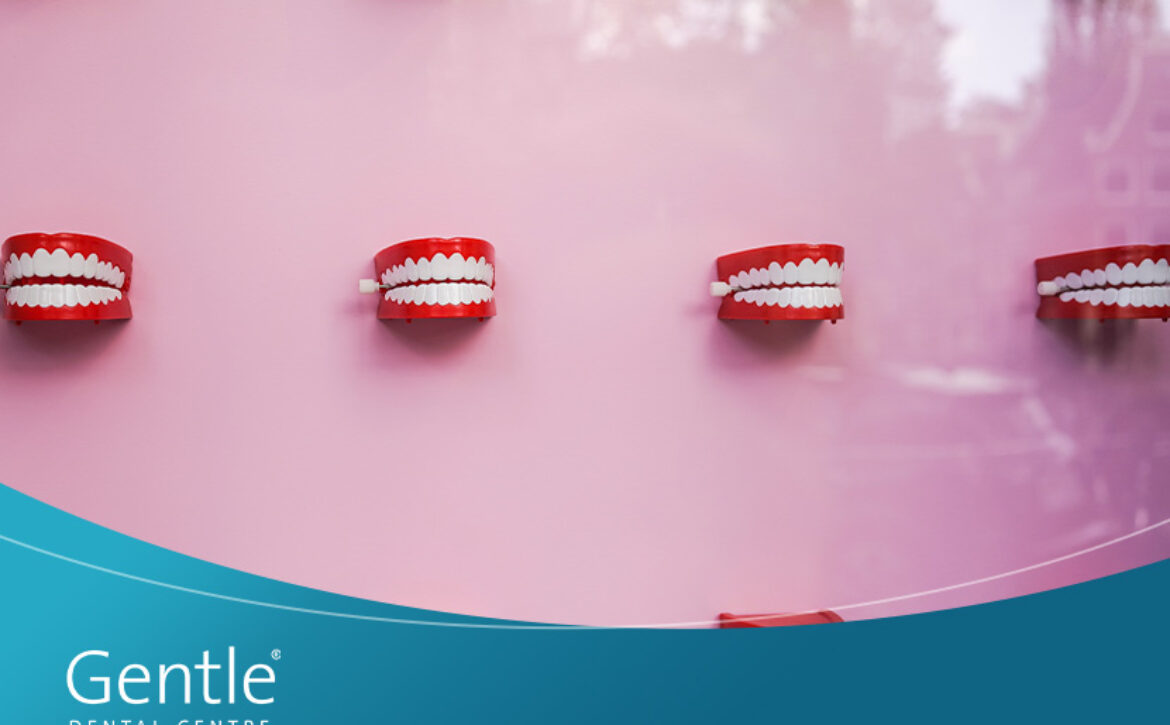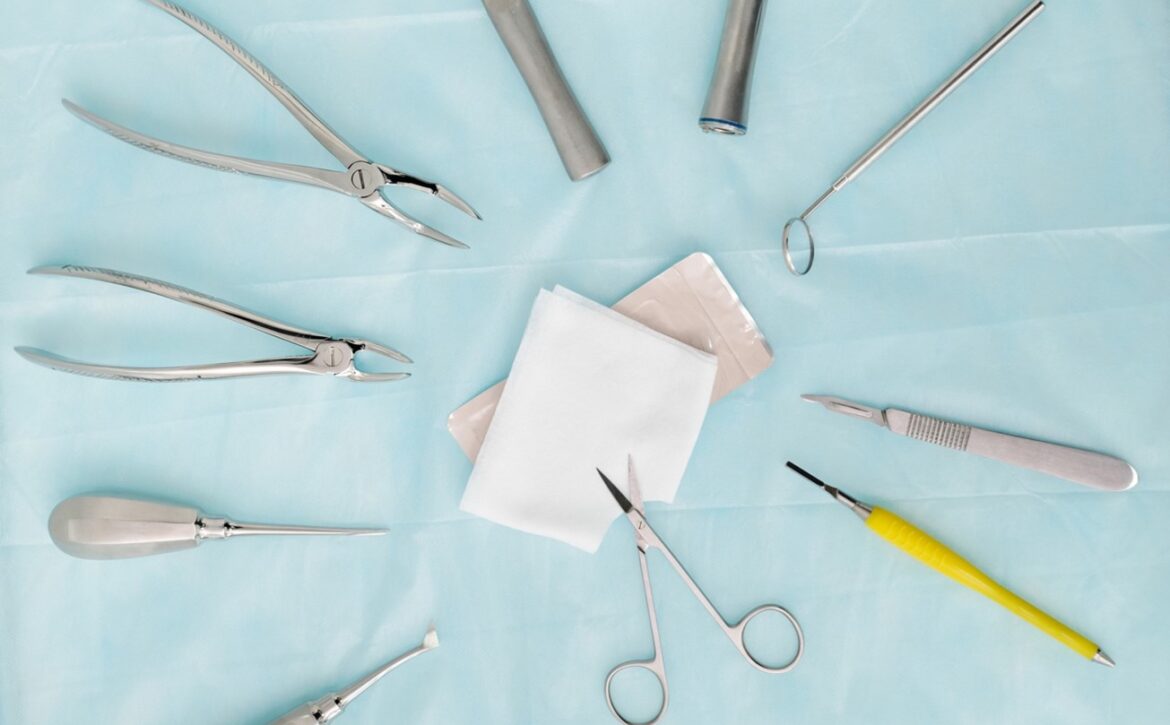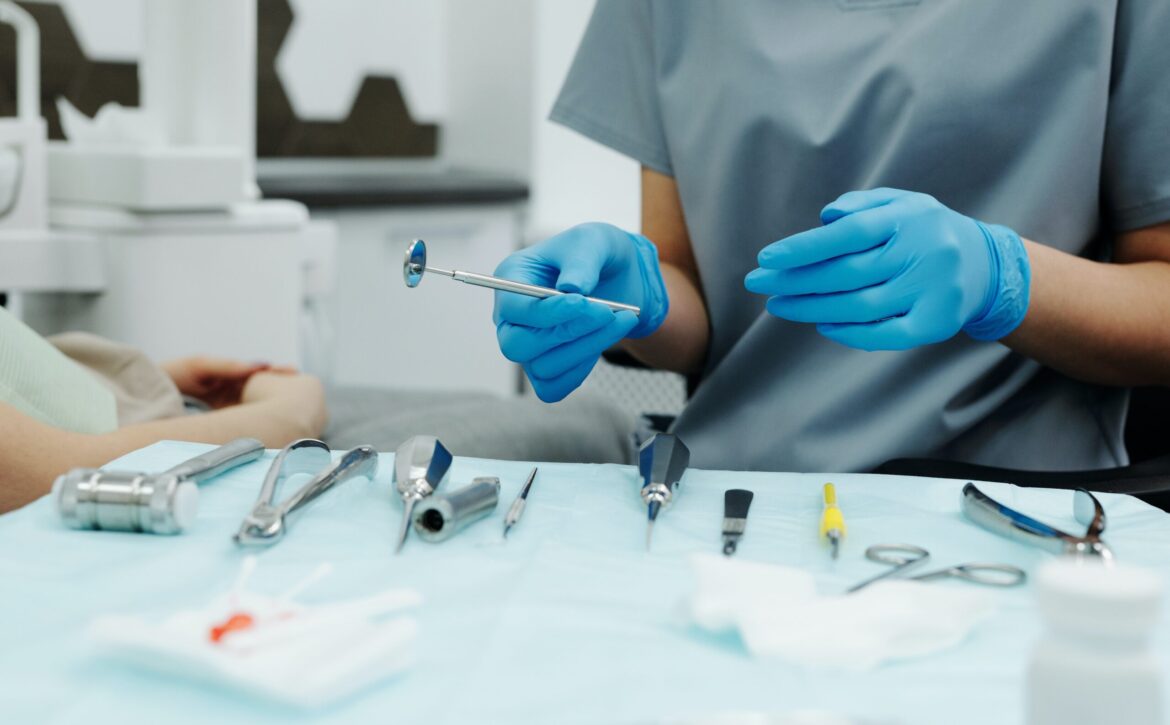How to Heal After Dental Implant Surgery
Here are some tips for post-surgery care and long-term maintenance to keep your dental implants healthy.
Post-surgery care during the first 24 hours
Before your dental implants have been fitted your dentist will discuss post-surgery instructions so that you can properly prepare for healing.
You may be given anaesthetics before your dental implants are put in. In this case, you will be required to stay in the clinic until the effects wear off. You will be required to have someone drive you home after the surgery. Once home, here are some tips for healing in the first 24 hours:
- Get plenty of rest. Avoid sleeping on the side of your implants as this will disturb the healing process.
- Leave your mouth alone. You can ice the outside of your face for twenty minutes at a time with an ice pack or by wrapping ice in a towel.
- Brush before bed. Brush your teeth before bed very gently. Make sure you use a toothbrush with gentle bristles and try to avoid disturbing your implant.
- Take painkillers. You make take any medication as recommended by your dentist.
- Drink plenty of liquids. Water, milk and non-acidic juice (avoid orange, pineapple or grapefruit juices as these can sting) will help keep you hydrated.
- Try not to move too much. Your mouth needs time to heal so keep any activity during the first 24 hours to a minimum. Avoid jumping or sudden movement if you can.
- Eat soft or liquid foods. In order to not disrupt your surgery site, eat only liquid or very soft foods, such as smoothies, yoghurt, ice cream, soups, or applesauce.
Post-surgery care on days 2-4
- Rinse your mouth: On days 2-4 you can begin to rinse your mouth out very gently with salt water every few hours. Doing this too soon can disrupt the healing process.
- Eat soft foods: Continue to eat soft foods. By the end of the week you should be able to introduce soft foods like mashed potatoes, scrambled eggs, soft bread and ground beef.
- Compress with a warm cloth: Switch the ice pack for a warm compress on the outside of the jaw. This will help relieve the pain.
- Don’t smoke. Smoking can irritate your wound and prevent your mouth from healing properly.
- Soften your toothbrush. Use a soft bristled brush and run it under warm water before you brush.
- Avoid strenuous exercise. Avoid any exercise that involves jumping or rapid movements or is physically strenuous.
Post-surgery dental implant care for weeks 1-4
1. Brush and floss regularly
After day four you can rinse your mouth 3-4 times a day and start following a brushing and cleaning routine. You will need to devote extra attention to cleaning and caring for your implants. Bacteria and food can easily get stuck around your implants and gums and form plaque. This can lead to infections or gingivitis. Take your time when flossing and brushing. Use a soft toothbrush in the weeks following your dental implant surgery.
2. Attend all your scheduled dental appointments
Dental implants are made up of three parts including the screw, abutment and the crown. Most people will need to attend several appointments to complete the procedure and ensure their implant is healing properly before and after the crown is placed. Make sure you are attending all your scheduled appointments as your dentist needs to monitor your progress after the initial surgery.
3. Notify your dentist if you have any concerns
Dental implants have an extremely high success rate. However, you must notify your dentist immediately if there is swelling at the implant, it seems to slip or sink under your gum tissue, or you begin to feel extreme pain. Essentially, the faster your dentist addresses any problems with a dental implant, the less likely you are to have major issues or need it replaced in the future.
4. Eat the foods your dentist recommends post-surgery
Go easy on your tooth for at least three months. That doesn’t mean you can’t enjoy eating the foods you used to but remember that until your post-surgery recovery period has passed, it is possible that you may not be able to eat hard or sticky foods. Your tooth and gums may take some time before healing completely. Let yourself heal before eating foods that could stick or put pressure on your teeth.
5. Follow the instructions from your dentist
When you get a dental implant at Gentle Dental, your dentist will talk to you about the recovery process, including what pain medication you can take, when to come in for a checkup appointment and what to expect during the healing process. To book a dental implant consultation click here.



